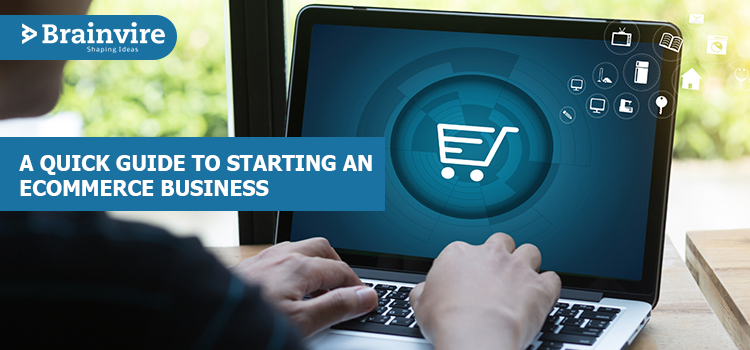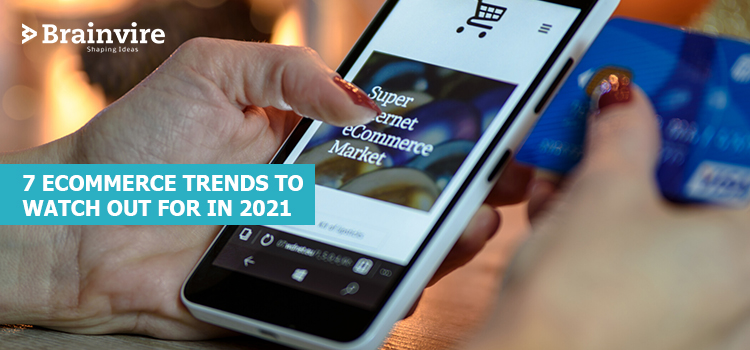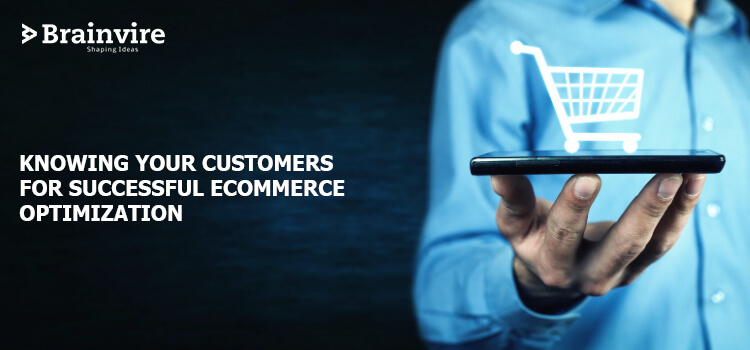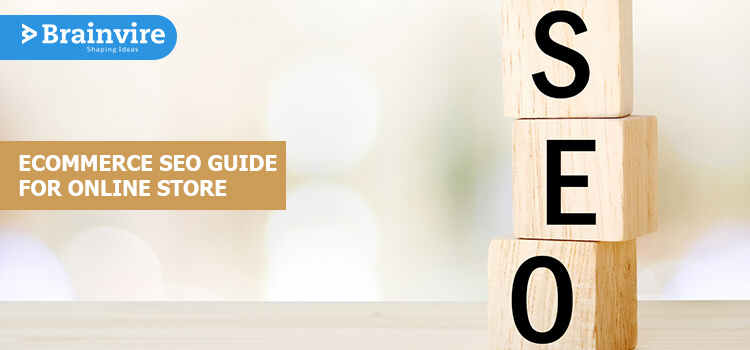 The e-commerce development industry is booming like never before. Earlier, it was a part of luxury living, and now it has turned out to be the basic necessity. This sudden transition can last for a long time and you may never have to visit a mortar and brick store again.
The e-commerce development industry is booming like never before. Earlier, it was a part of luxury living, and now it has turned out to be the basic necessity. This sudden transition can last for a long time and you may never have to visit a mortar and brick store again.
E-commerce has been a growing industry since its inception. In 2017, mobile shopping hit the standard line of 2 billion for the first time on Cyber Monday. Since many might think, the recent digits make it a lucrative career option. As it gives broad exposure, more people will connect and subscribe to your service. The geographical locale subjects nothing in e-commerce business.
You need to launch an asset that brings value to the market. Scalability and profit come from stability, so focus on creating an objective that never runs off with time.
In this piece, you will find a step-by-step guide to kick start your eCommerce journey.
How to Start an Ecommerce Business
eCommerce development is helping small businesses sustain and earn profit in the market. However, many companies find it hard to survive. This section includes information that may help you set up your store, get your finances straight, protect your business legally, and endorse your product.
Starting a business from scratch and watching it grow is rewarding. This industry is enabling other industries to co-exist. Initiating a business is not about listing products and selecting a brand label. Sometimes, the best ideas don’t work out if the website is not attracting sufficient traffic.
-
Explore eCommerce Business Prototypes
Starting with in-depth research can lead to proper functioning. If you skip this section, it might cost your business. Treat your business as an investment, explore business models, and try to find your arena.
There is no universal business structure that fits all. Commodity and service-based businesses are the stars; with exploration, you will find your perfect niche.
If you don’t want to invest in the start, dropshipping is the ideal choice. It will give you the source of trading with a profit margin. This business prototype is risk-free as the investment is negligible.
The warehousing or wholesaling model is for people who want an online store full of goodies. This prototype is thriving, even in the long run. Do you have a business approach to a perfect product or a product you want to sell under your venture? Explore white labeling and manufacturing.
The best in all is the single product category. It helps you stay focused on a single product; being a ‘jack of all trades and master of none’ won’t help. Supplement it with affiliate marketing for instant results.
-
Start Researching on the Niche
It is quite annoying when people send an unsorted e-commerce site with hundreds of commodities, a hand full of categories without a real focus.
Only if you have a massive investment, you can be the next Amazon. Otherwise, you need to sort down a product list to make profitable revenue. Selecting the niche is importance – research on the companies that have a similar product list. Focus equally on the success and failure stories. Analyze their prototype to prevent significant loopholes.
Keep distance from the overcrowded niche and also don’t go for famous brands. The more unique your idea is, the less competition you will face. You can even go for multiple niches that are related but not identical.
Select a category with 1000 keywords and concentrate on the niche that will perform well on social media. Since a majority of the publishers in the arena are associated with Amazon, e-Commerce website development needs two to twelve months for redesigning.
-
Authenticate Target Market and Product opinion
As you have decided on your niche or field of expertise, you might want to explore products you can trade.
Don’t rush to listings before you fully understand the product ideas; think about the real objective. You cannot ask people to buy your product if you cannot distinguish the target market.
Try answering these questions
- Who are you?
- What does your retail store represent?
- Who is your targeted audience
To project a consistent brand image, you need to show your brand’s credibility, and the products that you trade will be your identity in the market.
As you are clear about the brand’s image and the targeted audience, it’s time for product ideas now. One of the best ideas to explore the market if you want to give the best shot is merging eCommerce with affiliate marketing.
-
Register Your E-commerce Store and Brand Label
A brand name must connect to your persona. Identifying your personality traits will help you a lot in building your brand. You might avoid Bohemian images and color patterns while dealing with a corporate businesswoman. Here are two necessary steps that you need to take to create a brand.
-
Register your business
Register your business to avail tax benefits and legal protection. Never skip this part as authentication is the key to any business.
-
Choose your brand label
The brand or business name can differ, but keeping the same name has its perks set. Make sure to choose a label that goes with your niche.
-
Attract high traffic to your store
Creating an online store is not enough; you need to market your store to attract probable prospects.
Search engine-friendly features are witnessing a vast transition. The keyword stuffing game is long gone. So, make sure you are using keywords creatively in your content and the URL.
Most of the top e-commerce websites heavily invest in online marketing as it gives more positive results than other marketing approaches. Do not focus entirely on driving traffic; selling products should be your top priority. So think beyond your store and keep looking for expansion arenas.
Conclusion
Before you choose the product list, go through different business models. It will impact your business sense and provide structure. You have the subscription option as well for choosing a single product or set of products to be delivered in a specific period for the consumers.
As the industry is taking its shape, experts predict that retail eCommerce sales will set a 4.13 trillion-dollar benchmark by the end of 2020.








